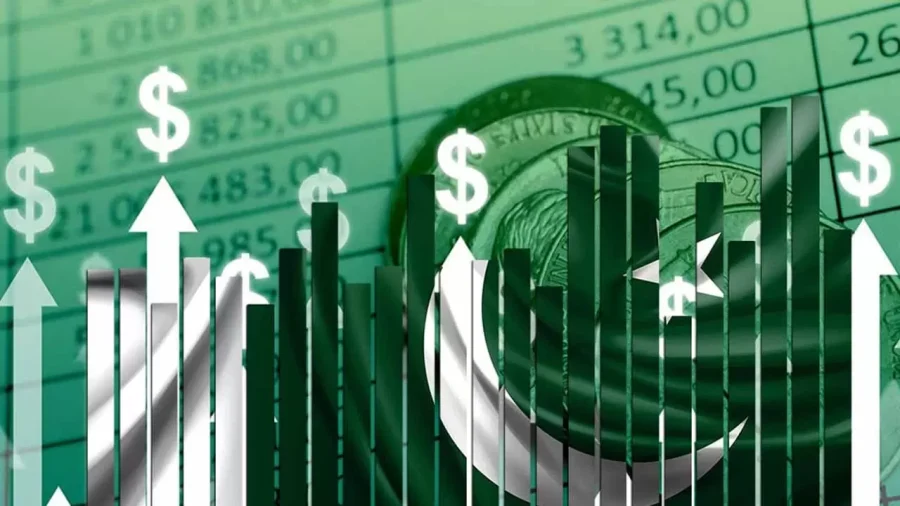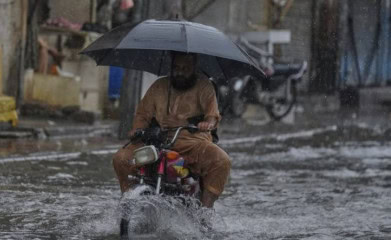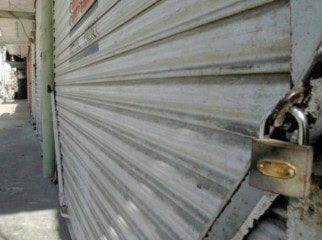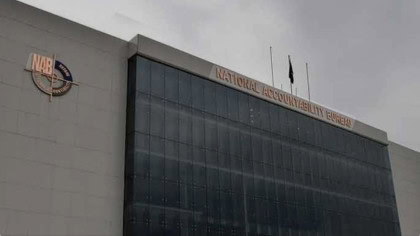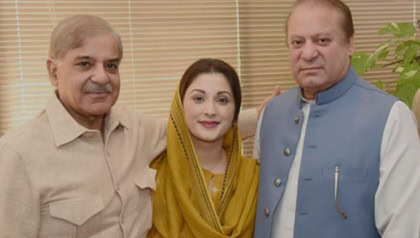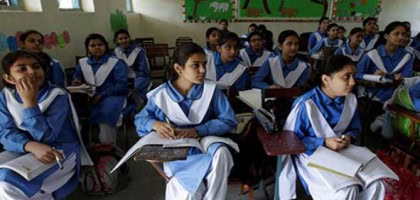ISLAMABAD – Pakistan’s growth target falls short again, while Tax-to-GDP ratio climbs to 8percent as Economic Survey unveils fiscal year performance.
The federal government will share Economic Survey for the fiscal year 2024–25 on June 9, providing comprehensive assessment of the country’s economic performance ahead of the national budget. As the country of 242 million missed several key economic targets, officials describe the overall trend as a modest step forward compared to the previous fiscal year.
Pakistan’s GDP moved up by 2.7pc, falling short of targeted 3.6pc. However, inflation control emerged as a bright spot, coming in at 5%—significantly lower than the projected 12%—despite global economic uncertainty.
Key Stats from Economic Survey 2024-25
| Indicator | Actual Performance | Target |
| GDP Growth | 2.7% | 3.6% |
| Inflation Rate | 5% | 12% |
| Per Capita Income | Rs509,174 | Rs543,968 |
| Indirect Tax Collection | Rs8,393 billion | Rs7,799 billion |
| Agriculture Growth | 0.6% | 2% |
| Small Crops Growth | 4.8% | 4.3% |
| Industrial Growth | 4.8% | 4.4% |
| Large-Scale Manufacturing | -1.5% | 3.5% |
| Small-Scale Manufacturing | 8.8% | 8.2% |
| Services Sector Growth | 2.9% | 4.1% |
| Construction Sector Growth | 6.6% | 5.5% |
| Electricity, Gas & Water Supply | 28.9% | 2.5% |
| Health Sector Growth | 3.7% | 3.2% |
| Education Sector Growth | 4.4% | 3.5% |
| Private Sector Lending | Rs870 billion (up from Rs294 billion) | — |
| Total Revenue | Rs13,367 billion (up 36.7%) | — |
| Tax-to-GDP Ratio | 8% | 6% |
Per capita income was reported at Rs509,174, below target of Rs543,968 while indirect tax collection outperformed projections, reaching Rs8,393 billion, surpassing goal of Rs7,799 billion.
The agriculture sector registered only 0.6% growth, well below the 2% target. small-scale crops showed better results, growing by 4.8% against a target of 4.3%, thanks to stronger yields in vegetables, fruits, oilseeds, and fodder.
Industrial growth reached 4.8%, narrowly exceeding the 4.4% target. Gains were seen in textile, automobile, garment, tobacco, and petroleum production. Nevertheless, certain segments—such as chemicals, food production, steel, and machinery—posted negative growth.
Large-scale manufacturing, in particular, contracted by 1.5%, missing its 3.5% target. In contrast, small-scale industries grew by 8.8%, slightly surpassing their goal of 8.2%.
The health sector grew by 3.7pc and education by 4.4pc, both exceeding their respective targets. Meanwhile, private sector credit expanded sharply, from Rs294 billion to Rs870 billion, indicating increased business confidence and borrowing activity. Total government revenue increased by 36.7%, reaching Rs13,367 billion. The tax-to-GDP ratio improved to 8%, up from 6% last year—highlighting strengthened fiscal management.
The Economic Survey is released annually ahead of the federal budget and outlines the country’s economic performance, including achievements and areas of concern. It plays a key role in setting the tone for future policy direction and budgetary priorities.
IMF shares MEFP draft with Pakistan to reach agreement for $7bn EFF

